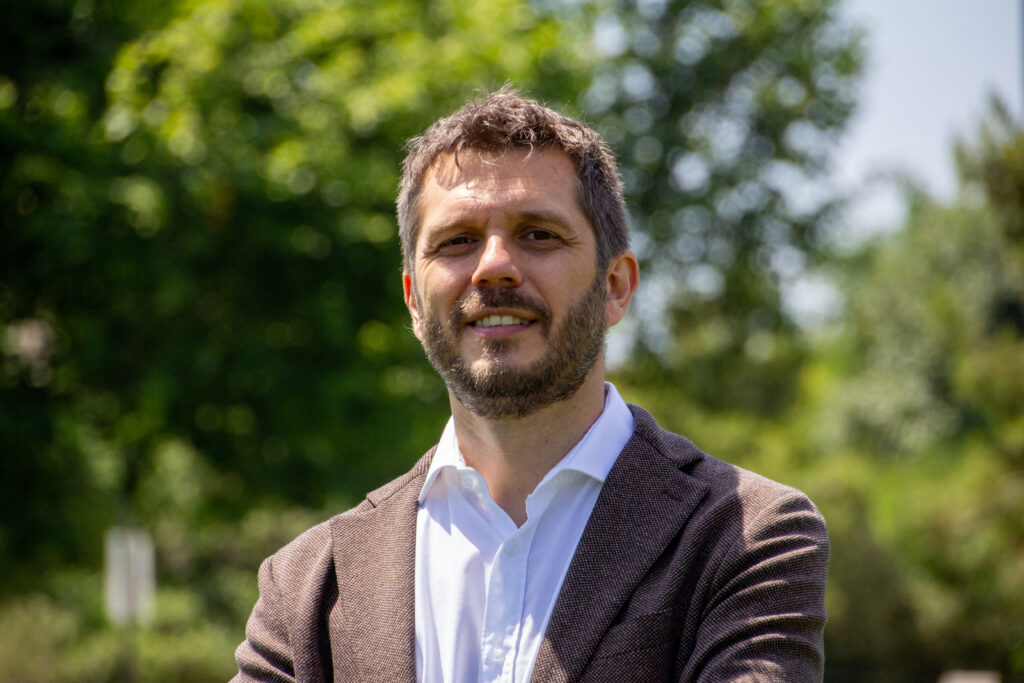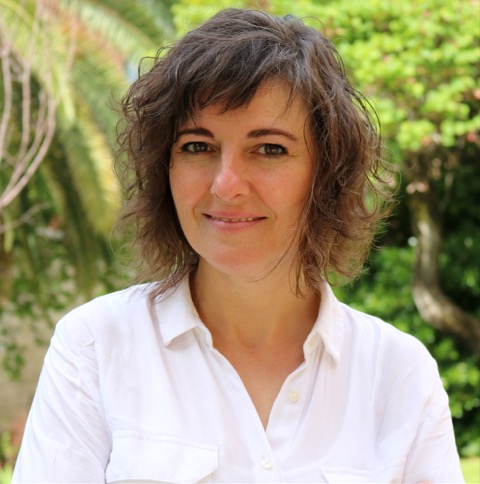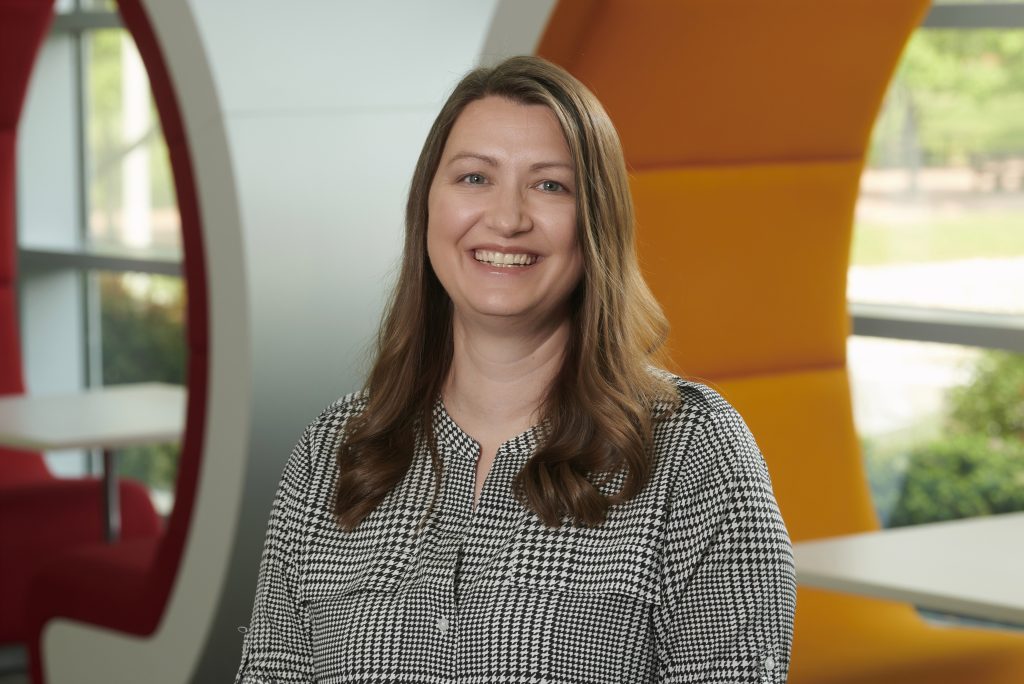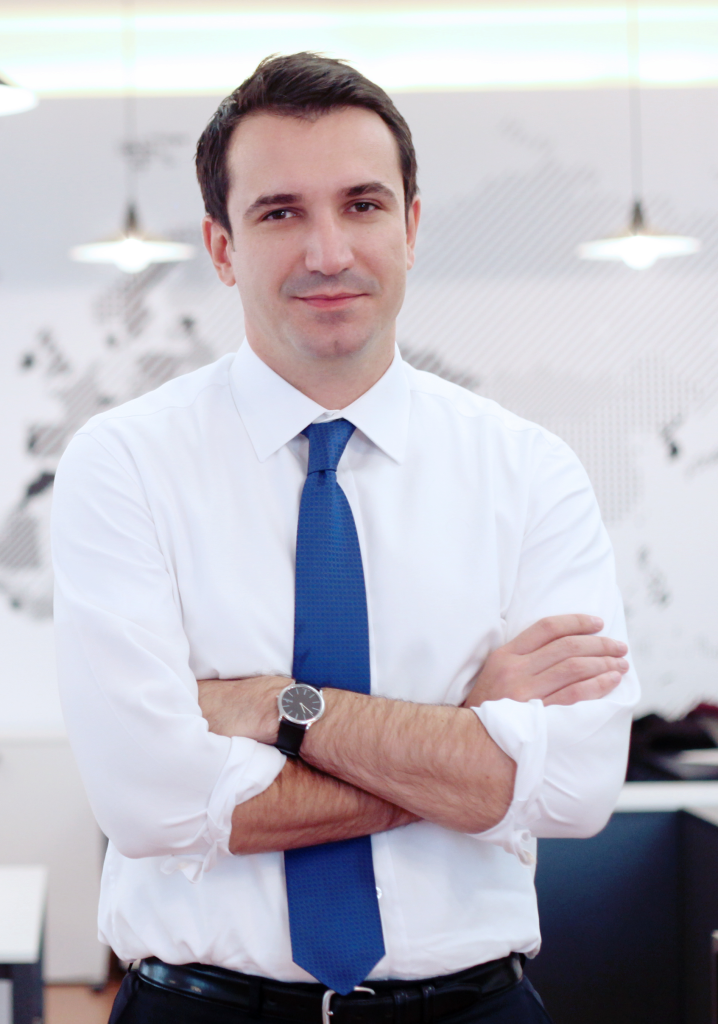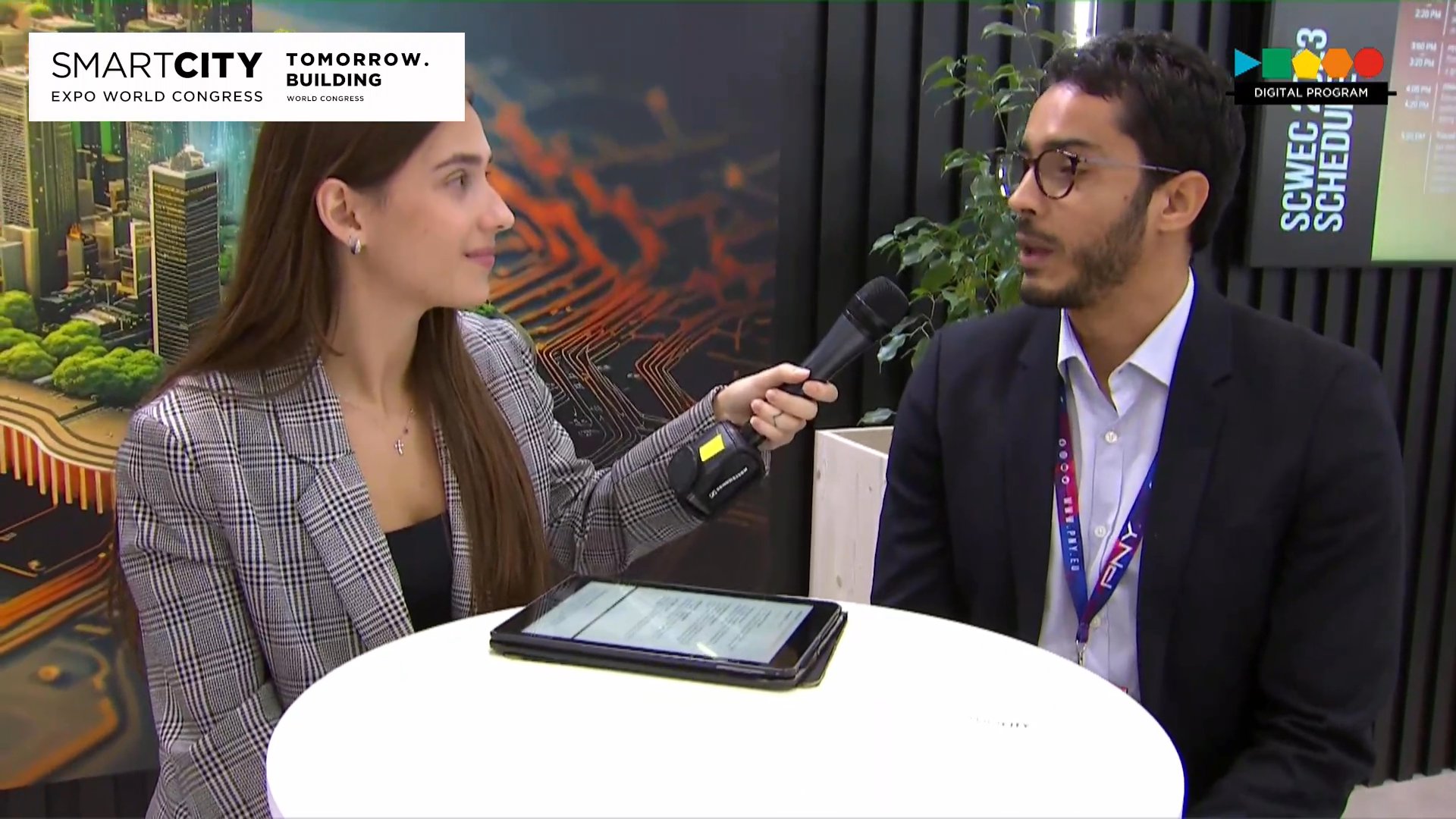Urban spaces must ensure equal access to opportunities and resources, but systemic inequalities marginalize vulnerable populations, depriving them of core services. An intersectional approach is crucial to address issues as social exclusion, gender inequality or the digital divide. How can leaders and stakeholders address the diverse needs of communities as the first step towards inclusive, equitable, and sustainable cities for all?

How underutilized urban spaces are being repurposed for sports
Living & Inclusion




